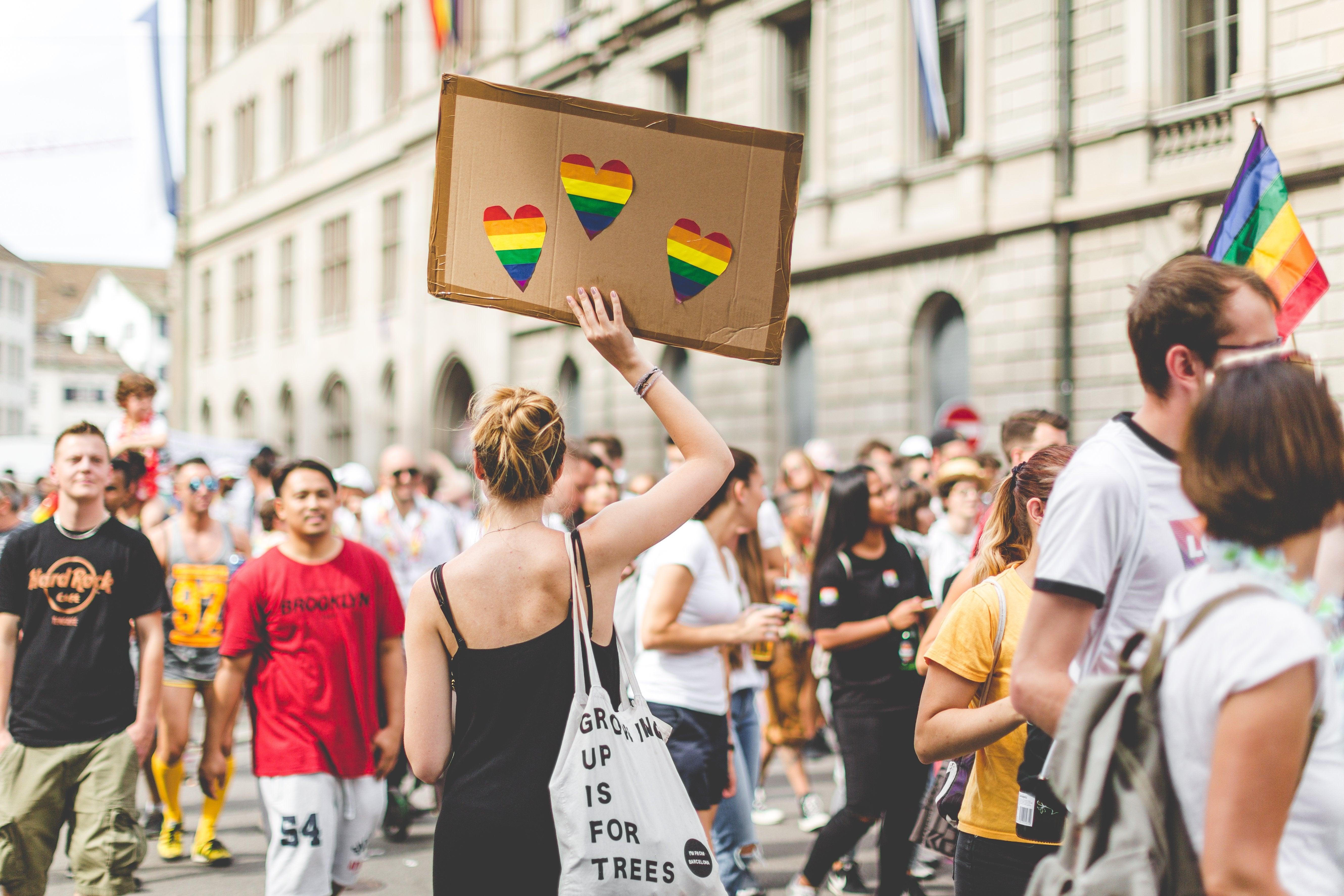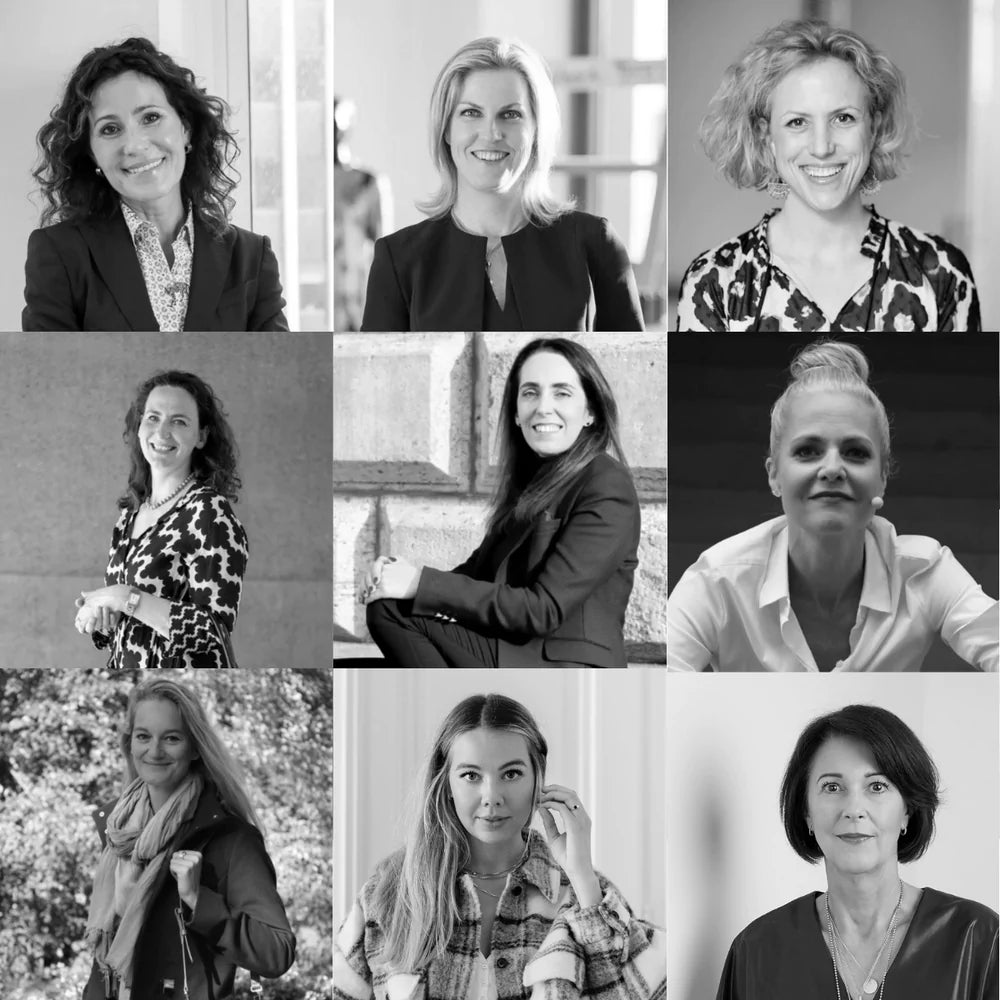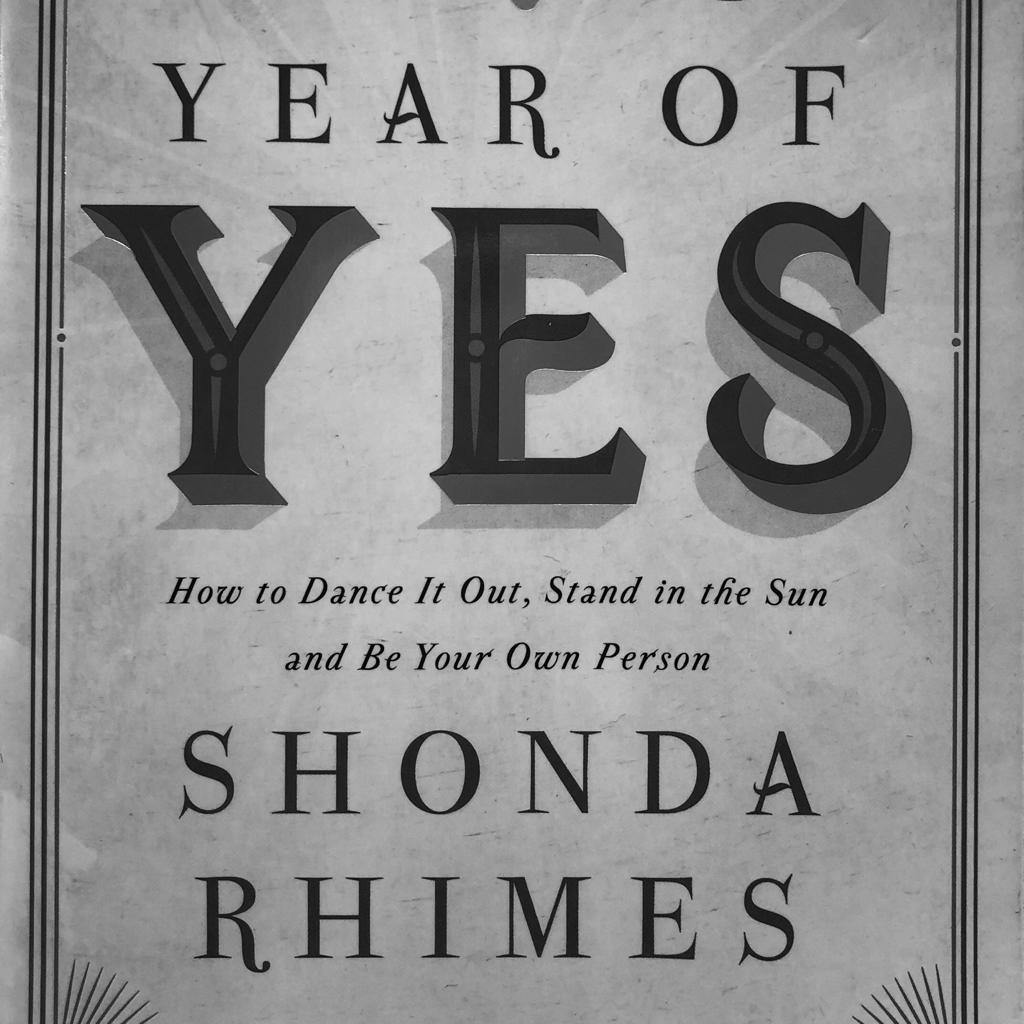
Pride Month: AMELI meets UniGay, a Student Association of the University of St. Gallen
To celebrate Pride Month, we are so happy to share with you very interesting insights from UniGay, a Student Association of the University of St. Gallen. In our interview, Unigay will explain to us why Pride Month is so important to all of us and how, despite being Switzerland a relatively open-minded country, there is still a long journey to go to fill current inequalities.
ABOUT UniGay:
UniGay is a Student Association founded in the University of San Gallen. They represent, connect and support gay, lesbian and bisexual students both at HSG and in life. During the whole year, they organize tons of events including Mentoring Programs, Company visits, Get2gether as well as study trips abroad, summer parties and much, much more. Their objective is to empower the LGBTQI+ community, making their voice heard at the university.
In the last years, their increase in members showed how there is a need of associations like this here in Swizterland. Thus, we decided to meet them and let this amazing community reach our AMELIs.
Happy Pride Month 🌈.
OUR QUESTIONS FOR UniGay:
How you would react to the assumption that inequality, in 2021, is not an issue anymore in Switzerland?
Compared to other countries, it seems like LGBTQI+ can live openly in Switzerland. Indeed, people even have their partnership registered and many employers brag about how diverse their teams are. Thus, it seems LGBTQI+ community doesn’t face any terrible inequal treatment and we can see how who is not too involved into the subject can think that. However, if we look closer, we can still shed light on various issues.
There’s been a lot of societal progress, as well as some legal (such as the protection of sexual orientation in the Swiss Constitution), but there are still many areas where people in the community aren’t treated equally. There’s no same-sex marriage yet (hopefully soon!) nor adoption rights for same-sex partners, no access to fertility treatment, no protection from discrimination on the basis of gender identity, massive bureaucratic hurdles for trans people, no simplified registration for citizenship and next to all of this it’s still relatively common for people to be harassed or excluded on the basis of who they are or who they love.
“I do not feel safe publicly showing affection to my partner. After having been yelled at, spit at and threatened verbally countless times we stopped holding hands in public and minimized our interaction to quick hugs for goodbyes, but still carefully observing the environment around us. These events caused me to pick up martial arts as a sport and to never leave my apartment without a defense spray on me. As long as I have to carefully think about my behavior and my safety in public spaces only because of my orientation, I cannot say that there is no inequality in Switzerland.
However, I can say that most of the time, especially navigating in my everyday environment (university, work, friends & family, organizations), I can on the contrary talk openly about my partner and do not have to hide myself or face any repressions.”
- Speaker 1
“The legal inequalities are still quite annoying and affect in my opinion especially trans people in a not acceptable way. However, from my point of view social inequalities are more troubling for same sex couples. Not feeling safe to talk about your partner in the work environment, to meet resistance from your own or your partners family, never being “the perfect couple” that people envy at celebrations. The society in Switzerland tells you that you are accepted – but not more. You do have to be careful to choose your friends wisely in order to really be able to be yourself around them. I think we all hope that with being visible, with being loud, we can show society that sexual orientation really does not make a person so different after all. That we will be more than just accepted someday.”
- Speaker 2
What is the significance of pride month for you?
Pride Month, to us, is a chance to celebrate the culture surrounding the LGBTQI+ community, as well as a way to involve the broader public in conversations about LGBTQI+ rights. On the surface, it’s a reason for all of us to get together. But, it’s also a time to respect those who paved the way for our society today and work on ideas to make the world an even more open, understanding and equal place for us and those who will come after us. It is in some way a celebration to remind ourselves that the situation we have today is by no means to be taken for granted, compared to 40-50 years ago.
Pride Month is important also because it is a time that can really have an impact on peoples’ levels of comfort. You see that you are not alone and you find strength in the amount of positivity around. Sadly, there are also a lot of negative reactions to Pride Month every year but it’s worth the visibility. In order to normalize same sex relationships, society has to get in touch with it. It has been a taboo for too long and most people just feel uncomfortable with the topic.
“I personally know a handful of friends that used to be somewhat homophobic. After me and my girlfriends outing, they slowly started to turn as they got to see that queer people are as normal and as worthy as people come.”
- Speaker 3

Picture credits: liviaeichenbergerphotography
What would you advise young LGBTQI+ people navigating university and getting in touch with the working environment?
University is a great place to figure out both how you feel comfortable being out about who you are, as well as learning when to speak up. So if it fits your personal journey, try to be as open as possible at university. Everyone’s learning and growing, so take advantage of that to teach people how you, and the community, wants to and should be treated. Most of the time, we experienced the university as a rather open and friendly space. And of course, join us with one of our many events! UniGay really offers an awesome and supportive network.
In terms of work, look for companies who will celebrate who you are. They’re going to value your opinion and who you are, and you won’t have to worry about hiding an important side of yourself out of fear of retaliation. Engagements in LGBTQI+ Organizations & Associations can be a great starting point to gain first hands-on experience, for example as a board member or member of an organization committee. There are sadly still a lot of very conservatively driven industries. It does take a lot of strength to be out in a not welcoming environment and it’s also important to know and respect your boundaries in terms of being openly out.
How do you wish for your peers (work colleagues and fellow students) to handle the topic of LGBTQI+ awareness?
Support and calling out obvious discriminatory behavior is appreciated to really demonstrate that such behavior is not accepted anymore in today's society. However, for most of us the matter is just on being treated as everyone else – this is what we care the most.
As a general recommendation, it is also important to listen to where LGBTQI+ people are coming from when they talk about social issues, and try to understand why certain topics that may not seem important to you, are to them.
What are your wishes for the future?
That the marriage equality finally gets through by the end of this year and society and authorities will start to realize that hate crimes and violence directed towards LGBTQI+ are a real problem and that we have to take concrete measures to improve the safety in public spaces. For the future, we hope that no one will have to worry if they will be harassed or labeled for who they love, and not have to hide who they are.
For us, the bottom line is that global effort to recognize LGBTQI+ people as people is desperately needed. No, we do not want a special treatment but as long as we don’t have an equal treatment, we should not stop trying to normalize same sex partnerships and highlight the issues that are still here in 2021.





